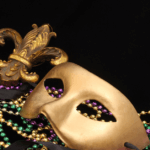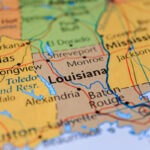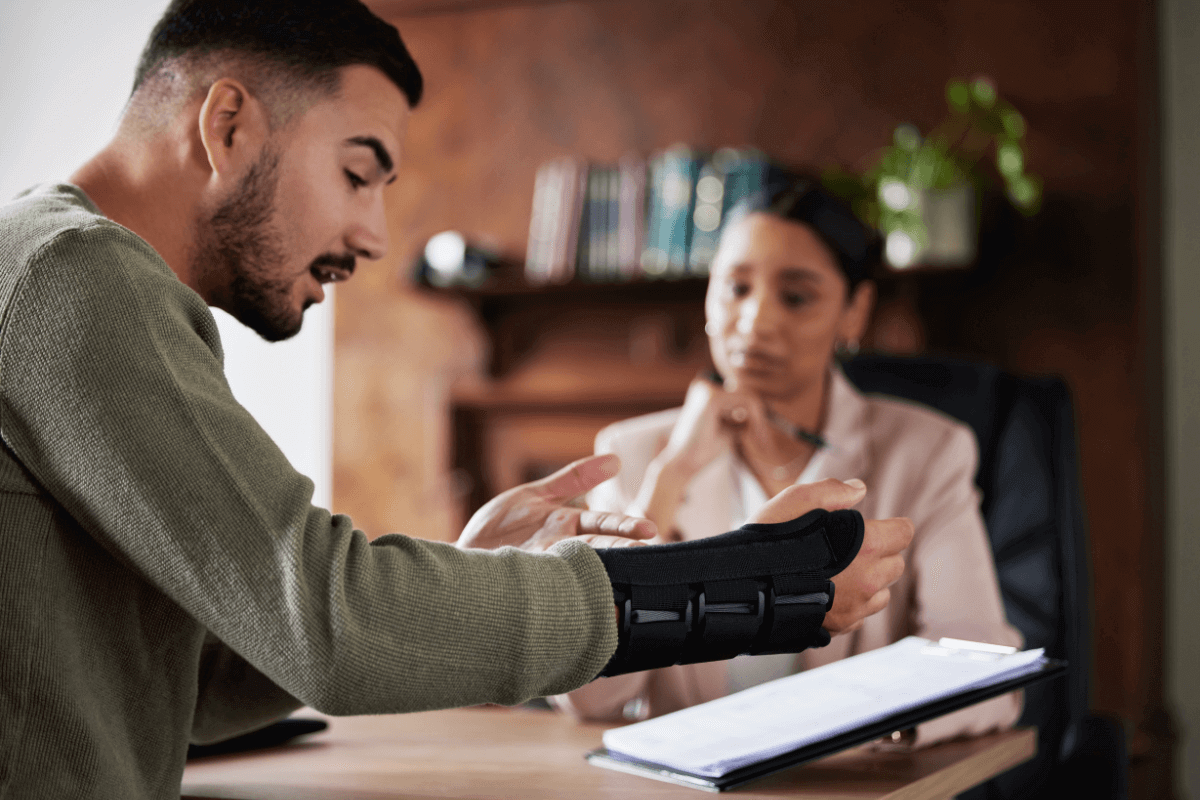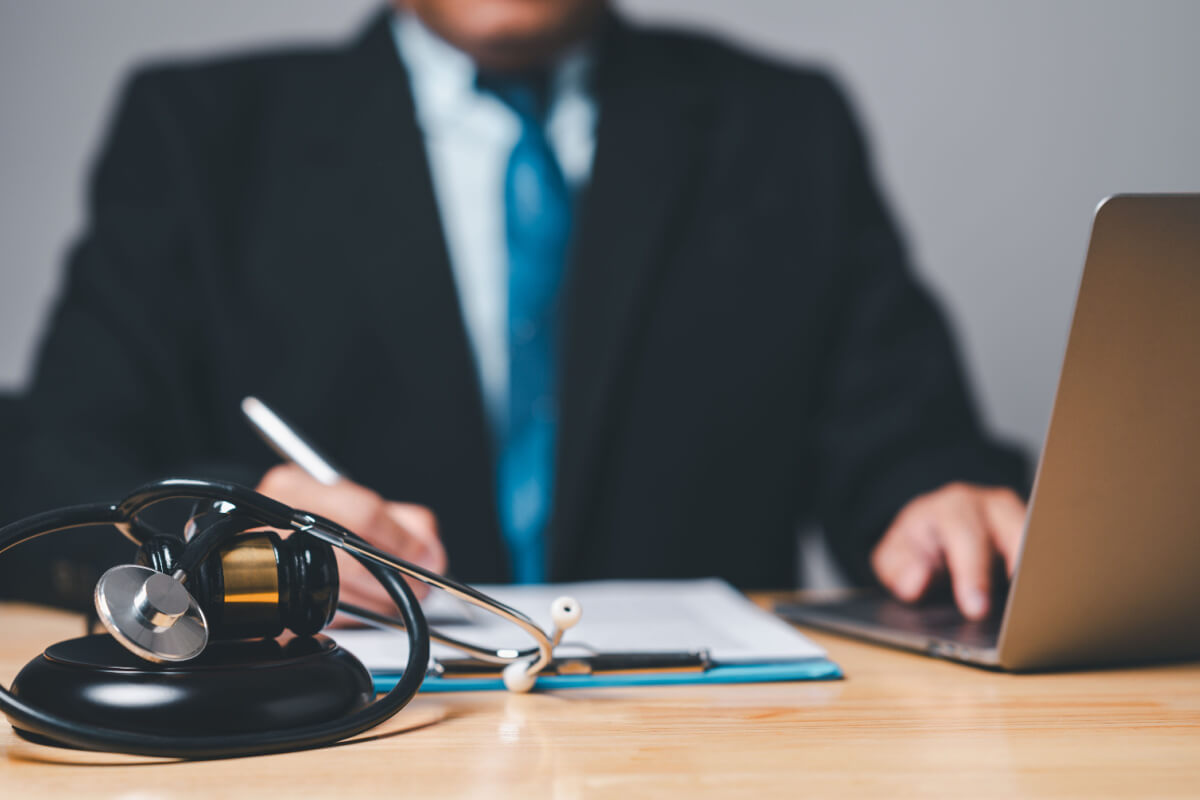
Partner at AKD Lawyers
Practice Areas: Insurance Claims
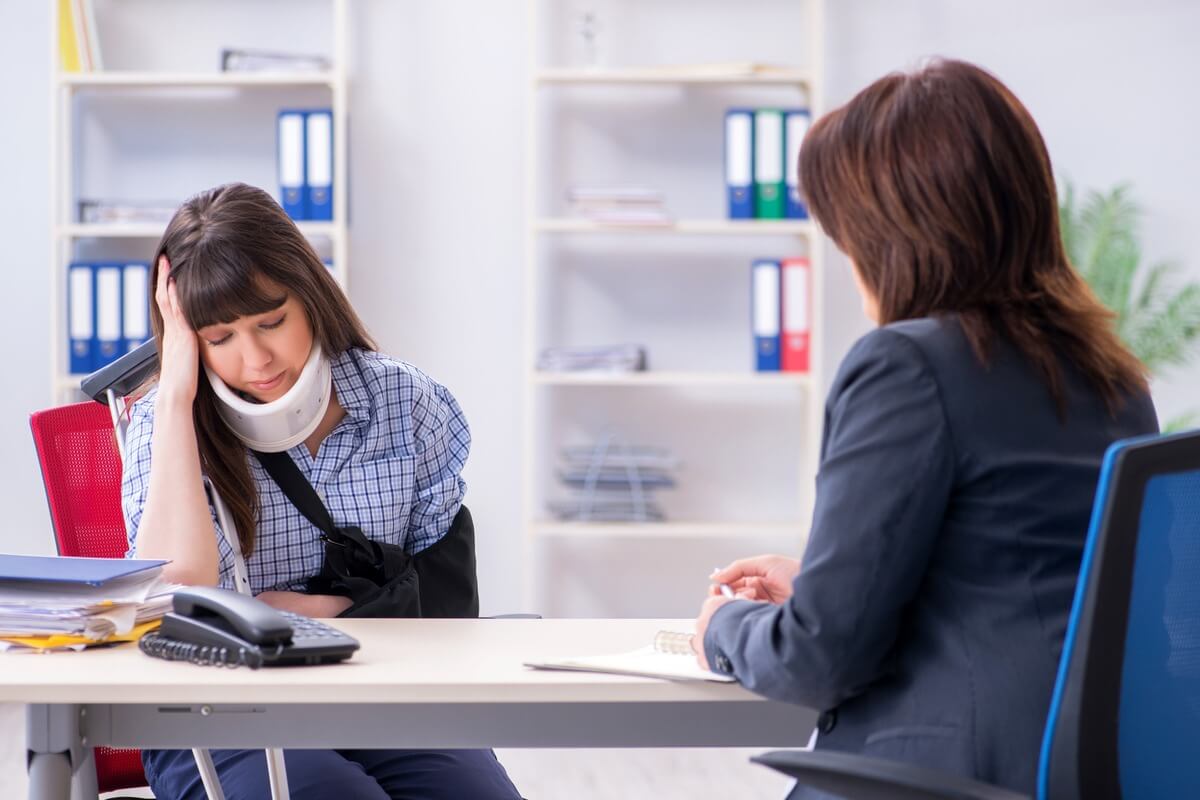
When you go on someone else’s property, you generally expect the premise to be safe and free of hazards. Unfortunately, that is not always the case. Whether you suffered from a fall or another injury on someone else’s property, you may be able to recover from the property owner for your injuries.
When Is the Property Owner Responsible?
Whether a property owner is responsible for injuries that occur while an individual is on their property is a fact intensive investigation. It will often require an analysis of your status on the property. Were you an invitee, licensee, or trespasser?
Invitee
An invitee is a guest who has received permission to enter a property and is generally a visitor to a shop or other business. In Louisiana, a statute governs the duty a business owner has to the invitees into their business. Under this law, relevant business owners are defined as merchant and is an individual whose business sells goods, food, wares, or merchandise at a fixed place of business.
A merchant owes a duty to individuals on the business premise to exercise reasonable care to keep “aisles, passageways, and floors in reasonably safe condition.” The merchant is required to exert a reasonable effort to keep the location free of hazardous conditions that might give rise to damage.
To bring a claim against a merchant for a fall that occurred on the premise, the injured individual must be able to demonstrate that:
- The condition that caused the accident presented an unreasonable risk of harm that was reasonable to foresee;
- The merchant created or had actual or constructive notice of the condition that caused the damage before the injuring incident occurred. Constructive notice exists if the condition existed for a period of time sufficient for the merchant to notice had they been exercising reasonable care; and
- The merchant failed to exercise reasonable care.
The above means that an injury on a business site doesn’t automatically mean you can secure recovery from the business owner. You will instead need to gather and understand the evidence surrounding the accident and how it supports an argument that the business owner failed to exercise reasonable care.
Licensee
A licensee is generally considered to be someone with permission to enter the owner’s land for their own benefit rather than a business need. The clearest example of a licensee is a social guest. Generally speaking, the owner of the property is responsible for injuries to a licensee when they:
- Knew or should have known of the condition that caused the accident or injury;
- Failed to use reasonable care in warning the guest or fixing the condition; and
- The injured individual didn’t know of the risks.
The Louisiana Civil Code supports this analysis of a landowner’s obligations. The Civil Code requires that the owner of a building is responsible for any damage caused by its ruin, including neglect to repair, if it can be shown that the owner knew or should have known of the defect that caused the damage. Additionally, a premise owner is required to keep their building sufficiently repaired so that they won’t cause damage to a neighbor or passerby if the damage could have been prevented by the exercise of reasonable care.
Trespasser
Any individual who enters property without permission to do so is considered a trespasser. Generally there is no duty of care owed to trespassers on the property. Under Louisiana law, property owners are specifically protected from responsibility to ensure premises are safe for recreational purposes, such as fishing, camping, hiking, sightseeing or boating. This includes relief from any obligation to warn of hazardous conditions.
It is important to note that this immunity is not absolute, and the details of the case may still place an obligation on the property owner. One scenario that would require additional analysis is where an aspect of the property is particularly attractive to a child but is not maintained or is in dangerous condition.
What Damages Can I Recover?
If you are able to establish that a property owner violated a duty of care in a way that caused your injuries, you should be able to recover for your medical costs and potentially additional damages as well. You should consider each of the types of damages below:
- Medical Expenses: Be sure to keep accurate records of all your medical costs, including hospital bills, doctor’s visits, and prescription medication. You should also take into account any long term costs such as rehabilitation.
- Loss of Income: If your injuries have caused you to miss work, you should be able to recover for this lost income. Additionally, if your injuries will affect your ability to work in the future at the same level you did previously, you may be able to recover for your lost future earning potential.
- Emotional Distress: The accident or your injuries may have also effected your mental state, causing you to feel anxious, depressed, or to suffer from PTSD. If this is the case, you may be able to recover for this distress.
- Loss of Enjoyment: Your injuries may limit your ability to participate in an activity you previously enjoyed, such as playing an instrument or participating in a sport. A jury may decide to award damages for these losses.
You may have also heard of punitive damages, which are not meant to compensate you for any damage you have suffered but instead are meant to punish the defendant. In Louisiana, punitive damages are generally not allowed and may only be awarded if the accident occurred in a state where such damages are permitted.
Contact a Licensed Attorney for Help
For those keen on understanding the intricacies of premise liability in Louisiana, there are comprehensive resources available. For instance, the general overview on premise liability sheds light on the responsibilities of property owners. Specific cases, such as liability injuries on Louisiana property, provide a deeper dive into the subject.
Another crucial aspect to consider is negligent security in Louisiana and the rights associated with it. Beyond premise liability, it’s also essential to be informed about insurance claims in general, especially in the wake of unprecedented events like COVID-19, which have brought about unique challenges and considerations.
It is clear that determining fault in a premise liability case is a fact intensive process that requires specific understanding of the local laws and ordinances. An experienced attorney can help you understand the strength of your case and develop a strategy for recovery. The lawyers at the AKD Law Firm can help analyze the best path forward for your case. Contact us today at (504) 200-0000 or through our website to learn if AKD Law Firm can help you.
Categories

In 2003, after being dissatisfied with the quality of legal care for victims of car accidents, Roderick ‘Rico’ Alvendia sought to establish a new firm focused on providing high-quality legal services to aid injured victims and their families. J. Bart Kelly, sharing Rico’s passion for upholding justice, joined the firm later that year, and established a partnership.

